12 must-join communities for IT and tech professionals
A compilation of the most vibrant, helpful communities to join if you work in IT or technology, plus some tips for getting started.

IT’s a tough industry to work in. Every aspect of it—whether it’s networking, cloud, wifi, storage, or security—requires you to know and apply a dizzying amount of knowledge.
Sure, that means you need to read the required material and perhaps even get some certifications under your belt.
However, you’d be missing out big time if you didn’t also connect with folks who work in your field (both narrowly and broadly). There is so much to be learned from both peers who do exactly what you do and peers who work adjacent to you.
Below is a list of the communities that we’ve noticed are the most vibrant, helpful to be part of, and generally good to know about if you work in this space. And it’s prefaced by a few helpful tips for getting started.
Note that community is defined here in a broad sense. It can be formal or happenstance. It can be joining conversations via Slack or Twitter. It can be following a common blog with a number of others. Or it can simply be a group of folks coming together over shared interests.
The list of 12 (and growing) must-join IT communities
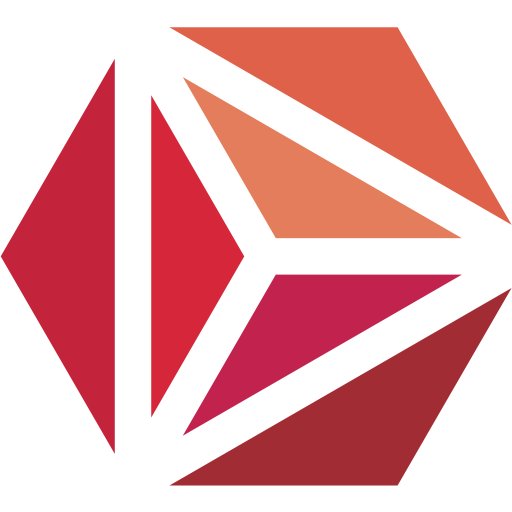 Packet Pushers
Packet Pushers
Packet Pushers describe themselves as a deeply technical and unabashedly nerdy community of IT architects. Run by Ethan Banks, Drew Conry-Murray, and Greg Ferro, Packet Pushers is a podcast network, thought-provoking blog, rich weekly newsletter, set of paid training, and free gathering space in Slack.
How to get involved:
 Join the community now
Join the community now- @packetpushers
- Read the blog or listen to the podcast series at packetpushers.net
 Tech Field Day
Tech Field Day
Tech Field Day, presented by Stephen Foskett, Tom Hollingsworth, and the team at Gestalt IT, is a network of IT pros who specialize in topics including the cloud, networking, security, mobility, and storage. While the official TFD site calls itself a series of invite-only technical meetings for delegates and sponsoring companies, anybody who’s been involved knows it’s a community. The meetings are streamed live and enjoyed by thousands of people, delegates each share their takeaways on their own platforms (usually a blog), and if you’ve ever been to VMworld, you can really feel their presence. Just bring your soccer cleats next time there’s an in-person VMworld.
How to get involved:
- @TechFieldDay
- Listen to the podcast series at techfieldday.com
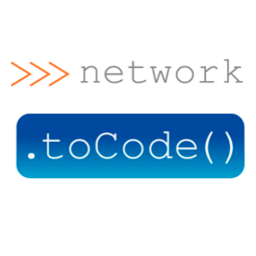 NetworkToCode
NetworkToCode
If you’re looking to learn about automating your network, you must join NetworkToCode’s community on Slack. NTC itself is a consultancy focused on network programmability. But the group on Slack that they shepherd is a goldmine of knowledge, helpful people, and opportunities to help others, plus meaningful exchanges about random things like coffee YouTubers. Their Slack has channels that address just about every vendor you might come across. NTC also runs a brilliant study every year about the state of network automation.
How to get involved:
 Join the community now
Join the community now- @networktocode
- Read the blog at networktocode.com
 vCommunity
vCommunity
The vCommunity encompasses sub-groups including vExpert, vBrownbag, VMUG (VMware user groups are run all over the world in local chapters), vLadies, VMunderground, and many more. This is a far-reaching network of folks with various sub-interests ranging from the technical to the ideological, supported by VMware. You can find the vCommunity on Twitter (simply search for various hashtags), at VMworld, on VMworld’s website, YouTube, and more. Not every bit of conversation revolves around VMware’s products in this community. However, given that most of the IT world has touched VMware’s products in some way, shape, or form, it’s safe to assume you’ll have a thing or two to learn in there.
How to get involved:
 Join the community now
Join the community now- #vCommunity
- Read the blog or listen to the podcast series at communities.vmware.com
 IPSpace
IPSpace
IP Space, run by Ivan Pepelnjak and his network of peers, actually describe themselves as a boutique Swiss training and consulting company. Except that they’ve sparked so much good discussion over the years and have had such an impact on people looking to learn more about networking that this counts as a true community. Ivan and Co. get real about the hype in industry and unpack big claims. They teach network engineers, architects, and designers about all sorts of emerging network technologies through free blogs, a podcast, paid online courses, and more.
How to get involved:
- @ioshints
- Read the blog or listen to the podcast series at ipspace.net
 Open Networking User Group
Open Networking User Group
ONUG is a collaboration-focused industry user group made up of IT executives, academics, researchers, and vendors who come together to further open cloud infrastructure standards. The community, run by co-founder Nick Lippis, gathers together in a Slack channel. The group also hosts monthly task force meetings on varying topics of collaboration, hosts events for vendors and customers to learn from one another, and produces a podcast to share its insights.
How to get involved:
 Join the community now
Join the community now- @ONUG_
- Read the blog or listen to the podcast series at onug.net
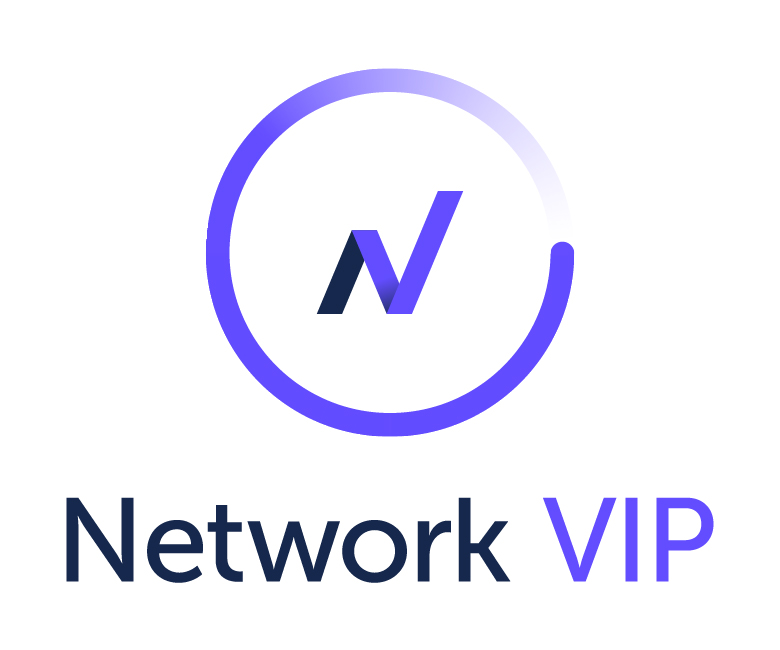 Network VIP
Network VIP
Network VIP is a place for IT pros looking to trade notes on all things DDI and critical infrastructure. The community ‘happens’ in Slack, where both technical and industry-level conversations through a series of roundtables, polls, newsletters, and long-form conversations. Sometimes, a gem named Russ even shares his beautiful photography while others discuss what 3D printer they use. While BlueCat hosts this as a vendor-agnostic group, BlueCat’s customers do enjoy a number of private channels with direct access to the company’s product team, advance product announcements, and dedicated troubleshooting spaces.
How to get involved:
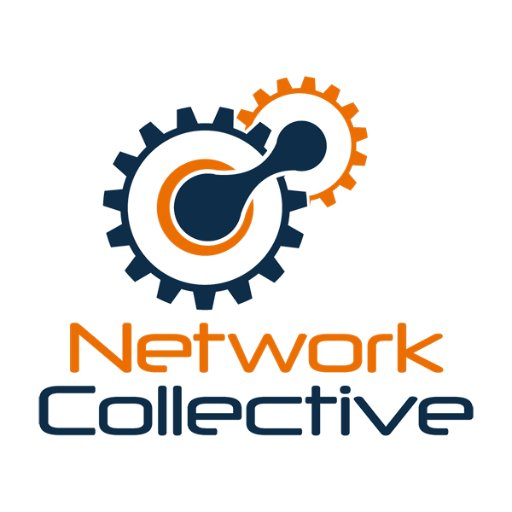 Network Collective
Network Collective
Network Collective originally began as a network engineering podcast run by network engineers. But it since also became a Slack group to allow its listener community to connect more tangibly over networking problems and solutions, and to just be silly. Run by Jordan Martin, a Tech Field Day delegate and VAR architect, the community was hailed as a gem for finding honest peers to troubleshoot with.
How to get involved:
- The Network Collective was shut down in September 2022; its past podcast and livestream content remains available on YouTube.
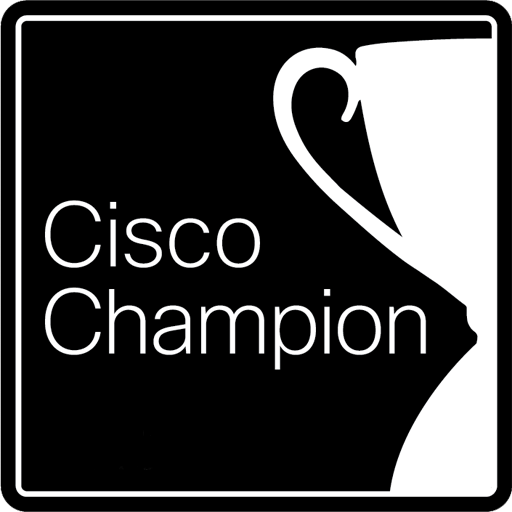 Cisco Champions
Cisco Champions
If vendor-run communities are so prominent in this list, it’s because there’s something to be said for how truly valuable they’ve become. Cisco Champions is an application-based program for pros in the Cisco user community who want to beta test products, discuss the company’s technology and adjacent partner technologies, and share learnings. Much of the good advice out of this community is accessible to the public, like blogs and videos. The Cisco Champions podcast, which is recorded live during Cisco Live events, is also a great resource (BlueCat was discussed earlier this year). Of note: Cisco runs an annual IT Blog Awards program that surfaces many of the incredible community contributors. Be sure to look at that list for more inspiration and learning.
How to get involved:
- @CiscoChampion
- Read the blog or listen to the podcast series at community.cisco.com
- Cisco takes champion applications annually; watch their blog for an application link.
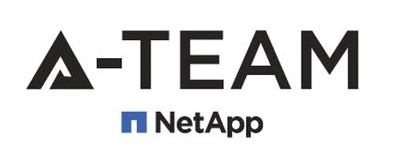 NetApp A-Team
NetApp A-Team
The NetApp A-Team is also a ‘club’ in the sense that you need to apply to it. However, A-Team members, who are all NetApp users or employees, share a lot of good insights with the community around network storage, cloud computing, storage efficiency, information management, data storage, and hybrid cloud. While most of the insights are NetApp-related, they’re a large enough vendor that it’s likely to be useful to many.
How to get involved:
 Join the community now
Join the community now- @NetAppATeam
- Read the blog or listen to the podcast series at community.netapp.com
 The CTO Advisor
The CTO Advisor
The CTO Advisor is a blog, podcast, Slack community—and, sometimes, a conference— run by Keith Townsend (plus, big shout-out to Melissa Townsend, AKA Mrs. CTO Advisor) to help guide organizations through digital transformation. Keith regularly publishes advice on his blog and LinkedIn, hosts gatherings for the community, and more.
How to get involved:
- @CTOAdvisor
- Read the blog or listen to the podcast series at thectoadvisor.com
 Tech Level Up
Tech Level Up
Tech Level Up is a career-focused circle that helps pros – you guessed it – level up their skills in technology. And take that next step, and learn about different paths. Tech Level Up has a podcast (co-hosted by Lauren Malhoit, Matt Oswalt & Yadin Porter de León), and a Twitter account to follow, but you’d also be missing out if you didn’t follow its organizer Yadin Porter de Leon. For a pretty small time investment, this group helps you figure out the what’s what of technology as well as career things like networking (the other kind of networking).
How to get involved:
- @Tech_LevelUp
- @porterdeleon
- Listen to the podcast series anywhere you get your podcasts
Veeam Vanguard
Veeam’s community building skills are off the charts. Not only do they run a nominations-based program for technical influencers (similar to Cisco Champions and NetApp’s, where you can learn from the vendor’s most active and engaged users), but every year they also publish the vTrailMap in time for VMworld. Typically, this has been a beautifully printed field guide to who’s who and what’s what in the VMworld community, but this year they’ve made it into a literal interactive game interface.
How to get involved:
- @veeam
- Learn more about the Vanguard community members here, or read up on Veeam’s forums on their website
 IGEL Community
IGEL Community
Recommended to BlueCat via Twitter, the IGEL community comes billed as a “solid group” with an albeit narrower focus than most others (not a bad thing!). The IGEL Slack is full of helpful member support surrounding the IGEL OS, UMS, ICG, and its other software solutions.
How to get involved:
 Join the community now
Join the community now- @igelcommunity
- Read the blog or listen to the podcast series at igelcommunity.com
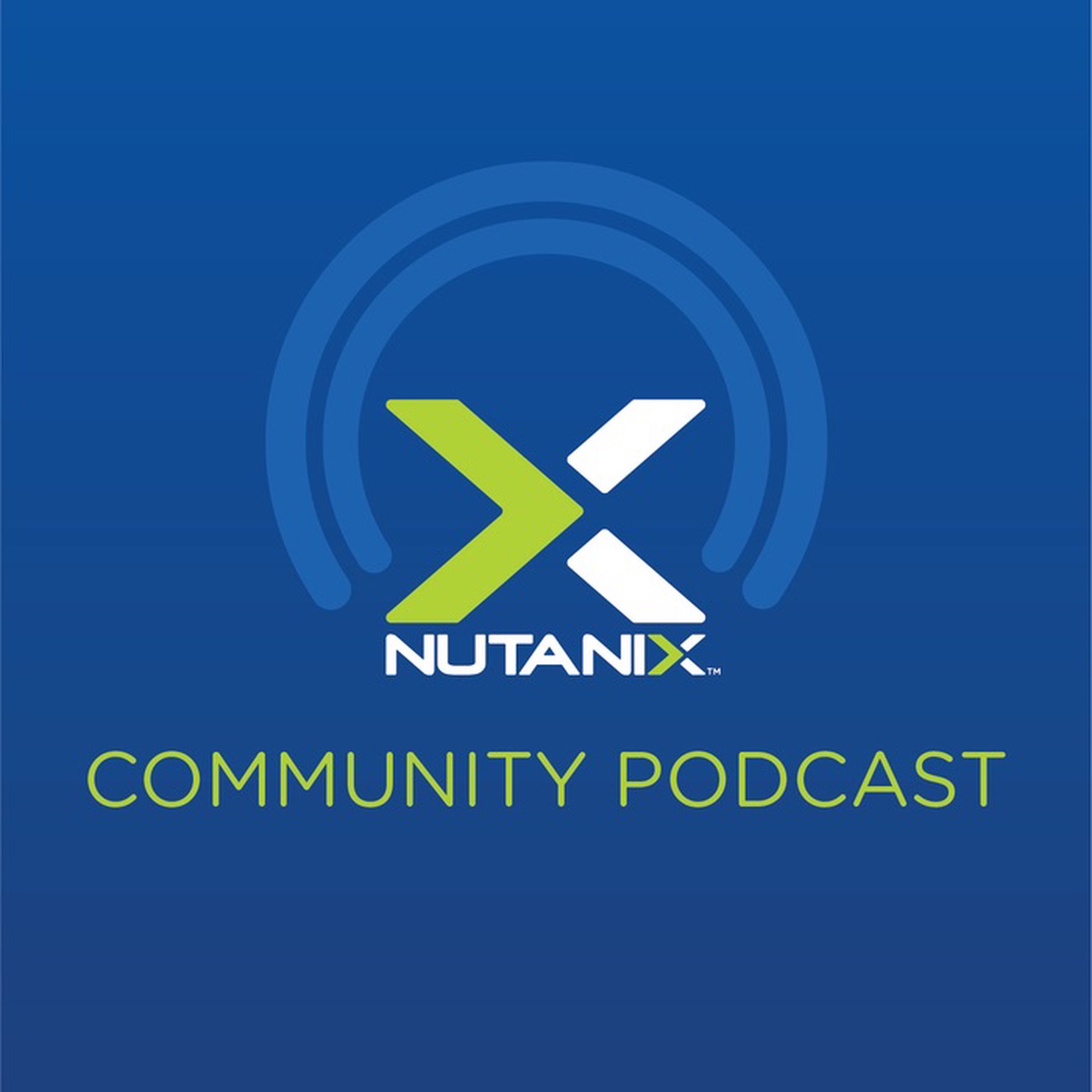 Nutanix Technology Champions
Nutanix Technology Champions
Nutanix Technology Champions (NTC) is an application-based community meant to recognize the company’s family of enterprise cloud experts. Made up of Nutanix customers, enthusiasts, and developers, NTCs come together for mentoring, collaborative learning, advance news related to Nutanix, and generally helping others to succeed. While official NTC members gather across a number of different forums, like Twitter, Nutanix’s .NEXT event, they also create a lot of educational content for anyone to learn from on their own channels (blogs, YouTube, etc).
How to get involved:
- @NutanixNation
- #NutanixNTC
- Read the blog, listen to the podcast series, or join the fun on their community forms
 Orbital Jigsaw
Orbital Jigsaw
An up-and-comer, Orbital Jigsaw is a Discord-based community for technologists and communicators who are looking to break down a lot of the silos that have become established in technology. Run by Nick Howell, Jason Benedicic and Jeramiah Dooley, Orbital Jigsaw brings together the wider tech community over advice related to technology, but also content creation, live streaming, and gaming. They host virtual events, watch parties, and are well known for their ancillary panels around the major tech events.
How to get involved:
- @OrbitalJigsaw
- Watch the the guided video tour on their website (currently under construction) at orbitaljigsaw.com
This list is intended to be a compilation of personally vetted communities, along with recommendations from BlueCat’s network. If you’d like to recommend an addition to the list, please email [email protected] for consideration. Finally, if you find this list to be helpful, why not share it with a peer?
Helpful tips to get started in communities
Finding relevant communities
- Twitter is typically home to a plethora of technology-related conversations covering just about every IT topic under the sun. Find them by looking up relevant hashtags (e.g., #security #networking #dns #ccie) based on the conversations you’d like to join. Many technologists add those hashtags into their profile bios, making both people and conversations easy to find. That said, use Twitter at your own risk.
- Reddit is another place where technologists get together around a number of topics (e.g., r/sysadmin, r/networking, r/dns) for anonymous conversations that relate to troubleshooting, or just general ranting. Again, lean on Reddit at your own risk.
Being a community member
- Take your time. To avoid becoming overwhelmed, discover and join communities on your own schedule.
- Quality over quantity. It’s normal to have one foot in a number of communities, but truly gravitate to a small number of them. Find your tribe, and be satisfied when you do.
- When it feels right, join the discussion. Some people like to jump right into the conversation, others take time to get comfortable. While nice, you are not required to actively participate in community dialogue. Most times, simply dropping in to see the conversation is completely fine.
- Always be respectful. There is always a way to respectfully disagree with somebody or offer an additional opinion. If you notice others being harassing, or otherwise making other members uncomfortable, find a community moderator and flag it with them.






